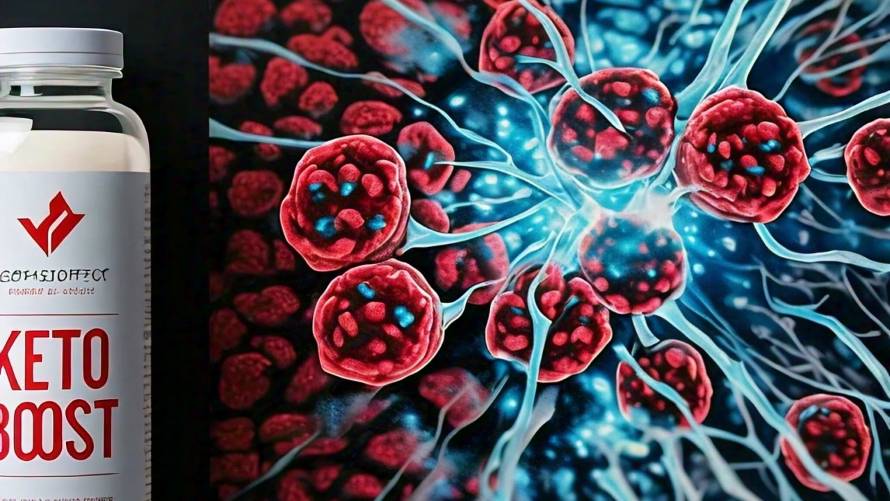In a recent study, researchers from the University of Notre Dame discovered that adding a pre-ketone supplement to a type of cancer therapy called immune checkpoint blockade (ICB) therapy was highly effective in treating prostate cancer in laboratory settings. The findings, published online in the journal Cancer Research, offer hope for overcoming the resistance of prostate cancer to immunotherapy.
“Prostate cancer is the most common cancer for American men, and immunotherapy has been really influential in some other cancers, like melanoma or lung cancer, but it hasn’t been working almost at all for prostate cancer,” said Xin Lu, the John M. and Mary Jo Boler Collegiate Associate Professor in the Department of Biological Sciences at Notre Dame and the study’s lead researcher.
Keto Supplement and Diet Show Promise
Sean Murphy, a doctoral student in Lu’s lab and the lead author of the study, divided mouse models into different groups, testing immunotherapy alone, a ketogenic diet alone, a pre-ketone supplement alone, and combinations of these approaches.
“It turned out this combination worked really well,” Lu said. “It made the tumor become very sensitive to the immunotherapy, with 23 percent of the mice cured — they were tumor-free; in the rest, the tumors were shrinking really dramatically.”
The researchers believe that the ketones produced by the supplement disrupt the cycle of cancer cells, allowing T cells to destroy them more effectively. Single-cell RNA sequencing confirmed the results.
“We found that this combination of the supplement and the immunotherapy reprogrammed the whole immune profile of the tumors and recruited many T cells into the tumors to kill prostate cancer cells,” Lu said.
The successful therapy also reduced the number of neutrophils, a type of immune cell that can inhibit T cell activities and allow more tumor progression when present in the tumor microenvironment.
“With the main ketone body depleting neutrophils, it opens the door for investigating the effects of the keto diet and the ketone supplement on diseases ranging from inflammatory bowel disease to arthritis,” Murphy said.
“What’s exciting is that we’re getting closer to the mechanism, backed up by genetic models and what we’re seeing in the tumors themselves, of why this works,” Lu added.
The research was supported by various grants and funding from the American Institute for Cancer Research, the National Institutes of Health, the Department of Defense, and the Boler Family Foundation at the University of Notre Dame. A provisional patent application has been filed based on this study by the IDEA Center at Notre Dame.
Keyword/phrase: Keto supplement boosts prostate cancer immunotherapy
If our reporting has informed or inspired you, please consider making a donation. Every contribution, no matter the size, empowers us to continue delivering accurate, engaging, and trustworthy science and medical news. Independent journalism requires time, effort, and resources—your support ensures we can keep uncovering the stories that matter most to you.
Join us in making knowledge accessible and impactful. Thank you for standing with us!

